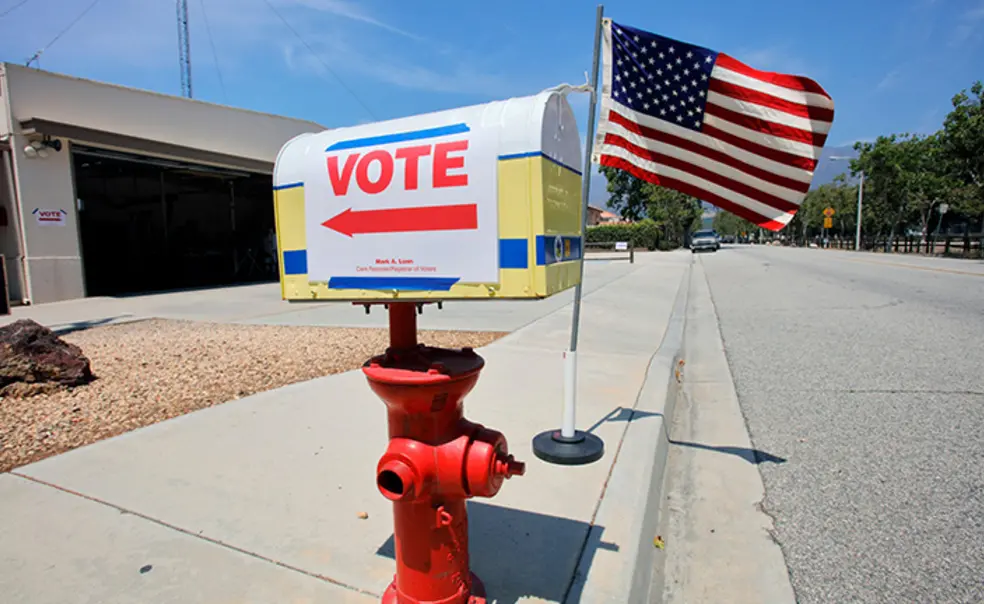It’s Not Too Late for Election Activism, says Professor Sam Wang
By looking at narrow leads and volunteering, people can still make a difference in the days before the election

Polls so far have shown a remarkably stable race, at least at the presidential level. Democrat Joe Biden has led President Donald Trump in the RealClearPolitics and FiveThirtyEight.com polling averages every day since he announced his candidacy in April 2019, something no challenger has done since the advent of modern polling. Nevertheless, a late surge could put Trump back in contention, as it did in 2016. Moreover, many other critical races, including those that will decide control of the U.S. Senate, remain tossups. In any event, Wang cautions, don’t obsess over sites that estimate the candidates’ win probabilities. Focus instead on the percentage of the vote each is projected to receive, as well as the margin of error, both nationally and in key battleground states.
The difference may be subtle, but it is important. To pick just one example, FiveThirtyEight.com currently gives Biden about an 84-percent chance of winning Pennsylvania. That may seem overwhelming, but the probabilities are derived from the polls, and polls as of Oct. 27 give Biden “only” a 5 to 6-percentage-point lead, with a margin of error of 3 to 4 points. Focusing on the probabilities makes a Biden win in the Keystone State seem almost certain, which encourages passivity, Wang suggests, while focusing on the narrow lead shows the race could still go either way if enough people get out and volunteer and, of course, vote. “Politics,” Wang stresses, “is a participant sport, where if you get worked up about what’s going on you can do something about it.”
Even with only a handful of days left in the campaign, Wang says there is still time for citizens to take action. By this point, simply donating money is less useful (although, judging by the number of fundraising emails you probably receive every hour, the candidates may think otherwise), but other ways of engaging — such as making phone calls, sending texts, or knocking on doors — are still critically important. A week’s worth of concerted effort can make a big difference, especially in those local races that don’t get the same amount of attention. Volunteer to drive people to the polls, work at the polls yourself or, if your state allows it, help voters fix absentee ballots that might be rejected for, say, missing a signature or being incompletely filled in.
The most important thing for everyone to do is vote, Wang urges. The next most important thing to do is to get other people to vote — your friends, your family, your neighbors. “Remind them to mail their ballot immediately or follow any rules to vote in person,” he says. “Help your neighbors to vote and do whatever it takes to make sure as many people vote as possible.”












No responses yet